Guinea pigs, with their soft fur and adorable squeaks, have long been beloved as household pets. Many people assume that these small mammals are active only during the day, making them perfect companions for children who are busy with school and extracurricular activities. However, there is much more to the guinea pig’s sleep patterns than meets the eye. In fact, these creatures have complex nocturnal tendencies that are influenced by both nature and nurture.
In this article, we will explore the truth about guinea pig nocturnality, delving into the reasons behind their sleep-wake cycle, how domestication has affected their behavior, and what it means for their care. We will also address common misconceptions and provide tips for creating a suitable environment for your nocturnal pet. So let’s dive in and uncover the mystery of the guinea pig nightlife!
>> READ MORE:
- Do Guinea Pigs Hibernate? Understanding Their Winter Needs
- Hamster vs. Guinea Pig A Comprehensive Guide to Choosing Your Perfect Pocket Pet
- Guinea Pig Lifespan A Comprehensive Guide
- Normal Guinea Pig Heart Rates A Comprehensive Guide
Contents
Are Guinea Pigs Nocturnal Animals?
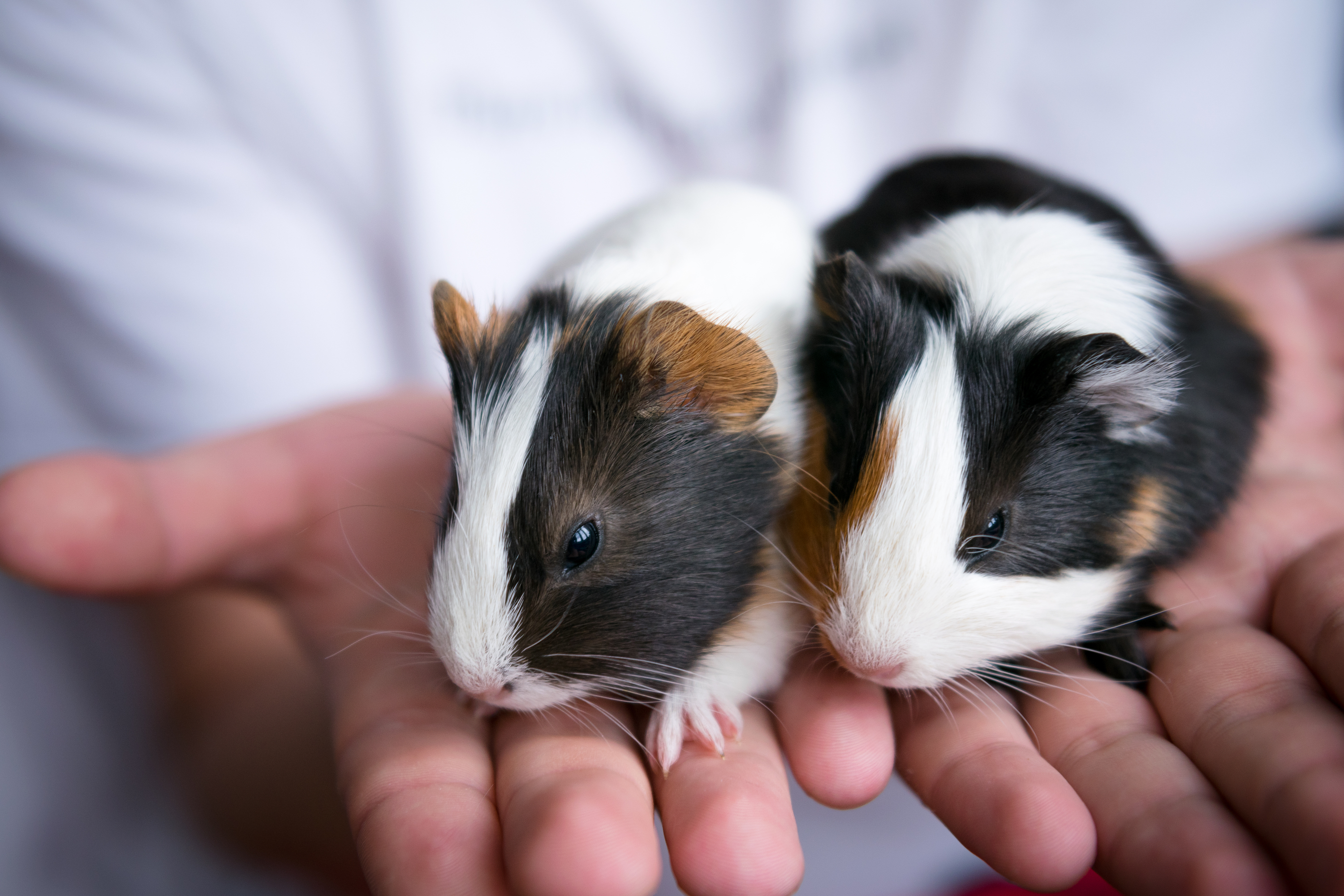
The short answer to this question is no, guinea pigs are not strictly nocturnal animals. However, they do possess instincts and behaviors that align with the definition of nocturnality. According to the National Sleep Foundation, nocturnal animals are those that are most active during the night, while diurnal animals are active during the day. Crepuscular animals, on the other hand, are most active during twilight hours – at dawn or dusk.
While guinea pigs are generally considered to be crepuscular, their natural instincts lean towards a nocturnal lifestyle. This can be attributed to their evolutionary history as prey animals. In the wild, guinea pigs originated from the Andes Mountains in South America, where they would have faced many predators during the day. As a result, they adapted to stay hidden and quiet during daylight hours, emerging under the cover of darkness to forage for food and socialize with their kin.
Understanding Guinea Pig Sleep Patterns
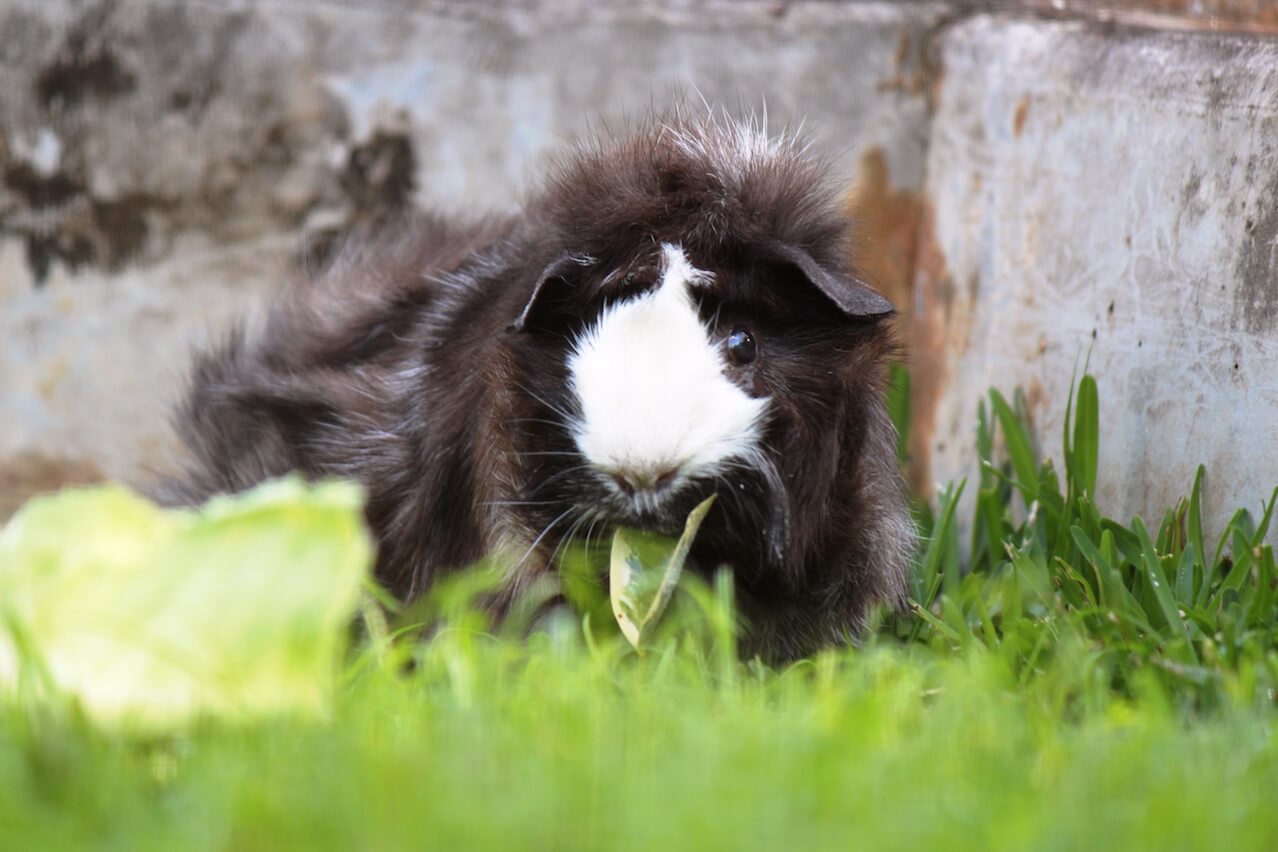
Now that we have established that guinea pigs have a natural inclination towards being active at night, let’s take a closer look at their sleep patterns. While each guinea pig may have slight variations in their sleep-wake cycle, there are some general guidelines that can help us understand their nocturnal tendencies.
According to the Humane Society, guinea pigs typically sleep for an average of 4 hours a day, and they usually divide this time between daytime naps and nighttime rest. During the day, they may take short naps lasting 30 minutes to an hour, and they may also doze off while their owners are interacting with them. However, their more extended periods of sleep tend to happen during the night, when they are most active.
Another interesting aspect of guinea pig sleep is that it is often fragmented. This means that they may wake up multiple times throughout the night to eat, drink, or socialize before falling back asleep. This behavior is known as polyphasic sleep and is common among rodents like guinea pigs. So, while they may not be awake all night long, they do engage in frequent bouts of activity that contribute to their nocturnal reputation.
Factors That Influence Guinea Pig Nocturnality
Several factors play a role in shaping a guinea pig’s sleep-wake cycle, such as their genetics, environment, and individual personality. As we mentioned earlier, their instincts as prey animals make them predisposed to being more active at night. Additionally, domestication has also had an impact on their behavior and sleep patterns.
The Impact of Nocturnal Behavior on Guinea Pig Care
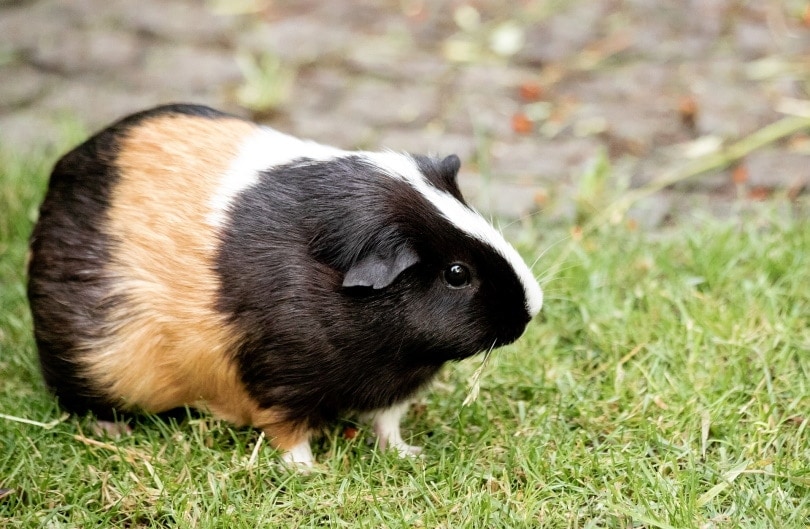
Guinea pigs’ natural nocturnal tendencies may raise concerns for pet owners who are not accustomed to caring for a pet that is most active at night. However, there are ways to adjust your schedule and create a suitable environment for your furry friend’s needs.
Adjusting Your Schedule
If you are a new guinea pig owner, you may have to make some changes to your daily routine to accommodate your pet’s natural sleep-wake cycle. This may involve shifting your interaction and playtime with them to the evening hours when they are most active. While it may take some getting used to, this can be a great opportunity for bonding with your pet and observing their unique behaviors during their active hours.
Additionally, since guinea pigs tend to wake up multiple times throughout the night, you may hear them making noises or scurrying around in their cage. It is important not to disturb them as this could disrupt their sleep pattern and lead to stress and health problems. If the noises are excessive or disruptive, you may consider moving their cage to a different room or providing them with a quieter sleeping area.
Creating a Suitable Environment
To ensure that your guinea pig is comfortable and able to engage in their natural nocturnal behaviors, it is essential to create a safe and stimulating environment for them. This includes providing a spacious and secure cage with plenty of hiding spots and toys for them to explore and play with during their active hours. Using bedding materials such as fleece or shredded paper can also provide comfort and promote burrowing behavior.
It is also important to keep in mind that guinea pigs are social animals and thrive in groups. If possible, consider getting them a same-sex companion to keep them company during the day while they sleep. However, before introducing a new guinea pig to your current one, it is crucial to follow proper introductions and ensure they get along well to prevent any fighting or aggression.
Debunking Common Myths About Guinea Pig Nocturnality
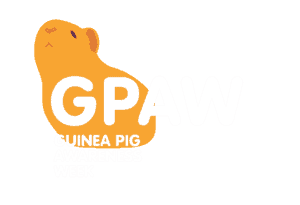
As with any popular pet, there are many myths and misconceptions surrounding guinea pigs’ sleep patterns. Here, we will debunk some common myths and set the record straight about these adorable creatures.
Myth #1: Guinea Pigs are strictly nocturnal animals.
As we have discussed, guinea pigs are not strictly nocturnal animals. While they do exhibit some behaviors that align with nocturnality, they are more accurately considered crepuscular animals. This means that they are most active during twilight hours but may also engage in activity during the day.
Myth #2: Guinea pigs can adapt to any sleep-wake cycle.
While guinea pigs may be able to adjust their sleep patterns to a certain extent, it is not recommended to try and force them to become diurnal animals. As prey animals, their natural instincts lean towards being more active at night, and this is something that should be respected for their overall well-being.
Myth #3: Guinea pigs are always awake and noisy at night.
Just like humans, guinea pigs require adequate rest for their health and well-being. While they may wake up multiple times throughout the night, they do spend a significant amount of time sleeping. Additionally, not all guinea pigs are equally vocal – some may be more talkative than others, while some may hardly make a peep.
Conclusion
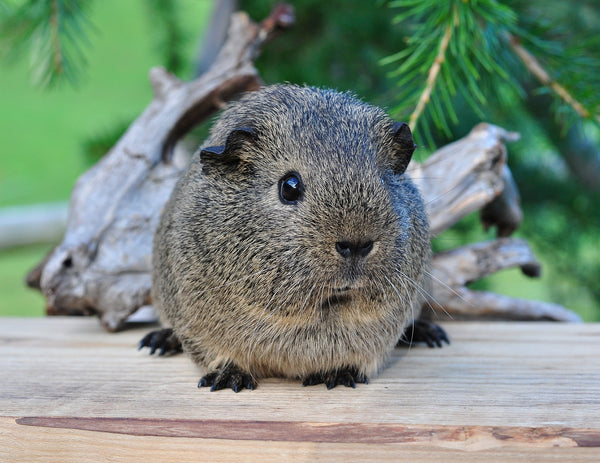
In conclusion, while guinea pigs are often labeled as strictly diurnal or nocturnal animals, the truth about their sleep patterns lies somewhere in between. Their natural instincts as prey animals make them more active during the twilight hours, but they also require frequent breaks for eating, drinking, and socializing throughout the night. As responsible pet owners, it is our duty to accommodate their needs and provide them with a safe and stimulating environment to thrive in. By understanding and respecting their innate nocturnal tendencies, we can ensure that our furry companions live happy and healthy lives.
